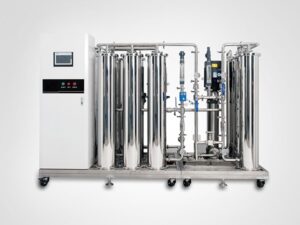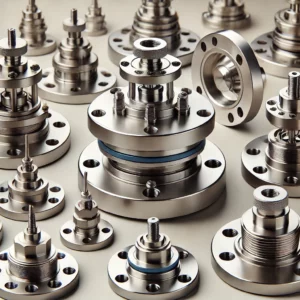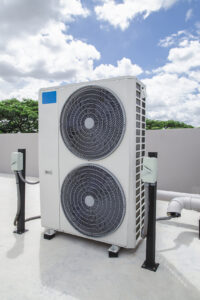Introduction
Pressure gauges are essential instruments used across industries to measure and monitor fluid or gas pressure in systems. They ensure operational safety, efficiency, and compliance with standards. This article explores common types, key applications, and factors to consider when selecting a pressure gauge.
1. Types of Pressure Gauges
A. Bourdon Tube Gauges
- Principle: A curved tube straightens under pressure, moving a needle.
- Applications: HVAC, hydraulics, and general industrial use.
- Advantages: Durable, cost-effective, wide pressure ranges.
B. Diaphragm Gauges
- Principle: A flexible diaphragm deflects under pressure.
- Applications: Corrosive fluids, high-viscosity media, and sanitary processes (food/pharma).
- Advantages: Resistant to clogging, suitable for aggressive media.
C. Digital Pressure Gauges
- Principle: Electronic sensors convert pressure to digital readings.
- Applications: Precision tasks, data logging, and automated systems.
- Advantages: High accuracy, programmable alerts, and remote monitoring.
D. Differential Pressure Gauges
- Principle: Measures the difference between two pressure points.
- Applications: Filter monitoring, flow measurement, and cleanroom systems.
2. Key Applications
- Oil & Gas: Monitoring pipeline and refinery pressures.
- Water Treatment: Ensuring pump and valve efficiency.
- Medical Devices: Regulating oxygen tanks and ventilators.
- Aerospace: Cabin pressure and fuel system checks.
3. How to Select the Right Pressure Gauge?
Consider these factors:
- Pressure Range: Choose a gauge with 1.5x the max system pressure.
- Accuracy: ±0.5% for critical processes; ±2% for general use.
- Material: Stainless steel for corrosion resistance; brass for cost savings.
- Environment: Explosion-proof housings for hazardous areas.
- Connection Type: NPT, BSPP, or flange-mounted.
4. Maintenance Tips
- Calibrate gauges annually.
- Avoid overpressure spikes.
- Replace damaged gauges promptly to prevent system failures.
Conclusion
Selecting the right pressure gauge ensures system reliability and safety. Whether for industrial, medical, or laboratory use, understanding gauge types and specifications is critical. For custom solutions, consult manufacturers to match exact requirements.



